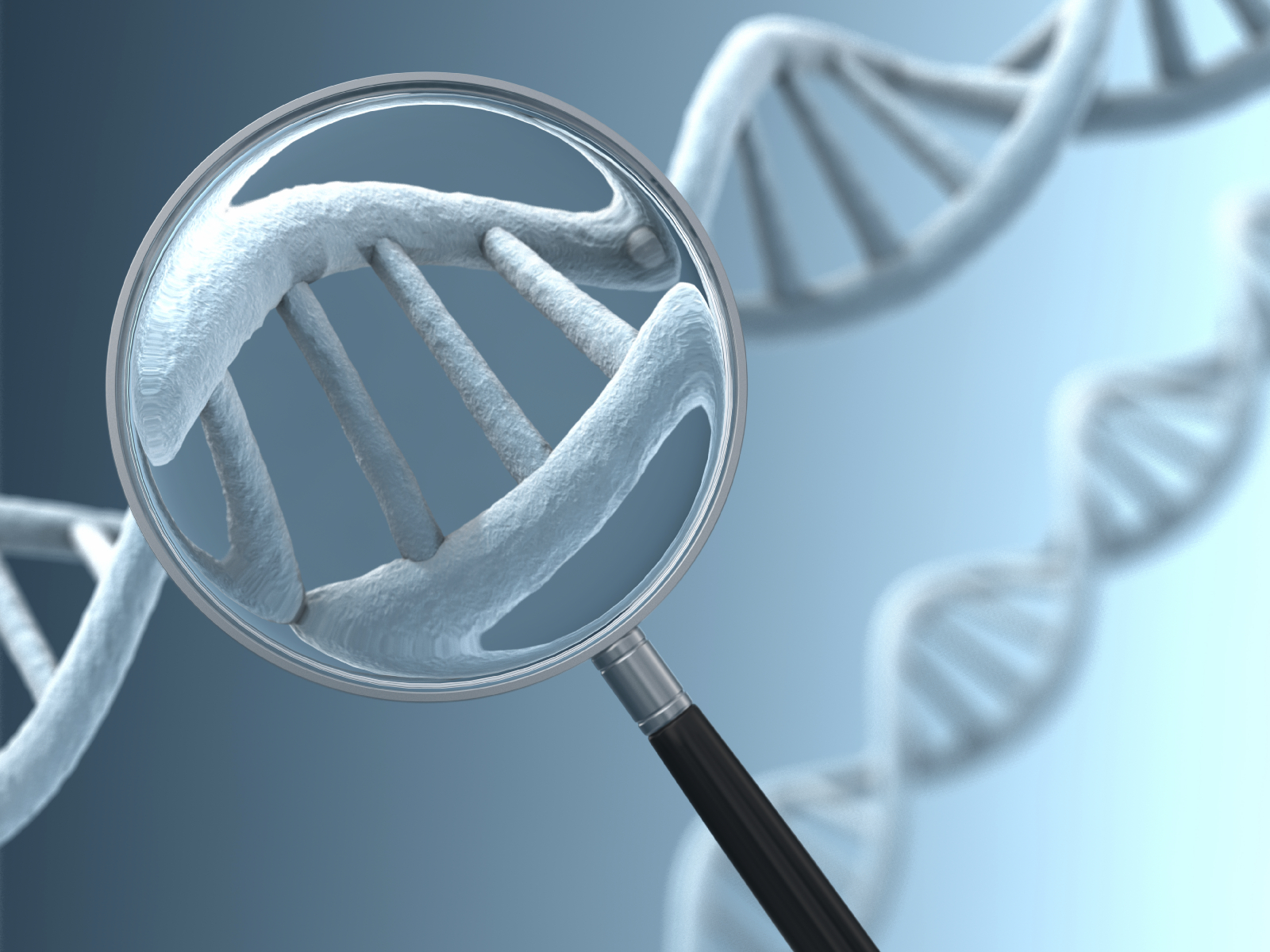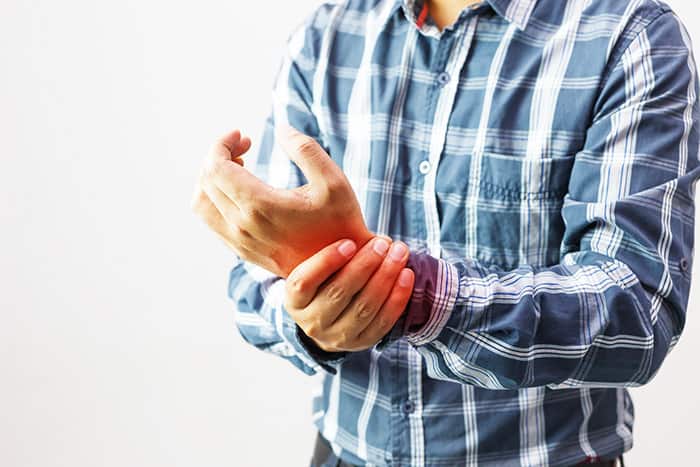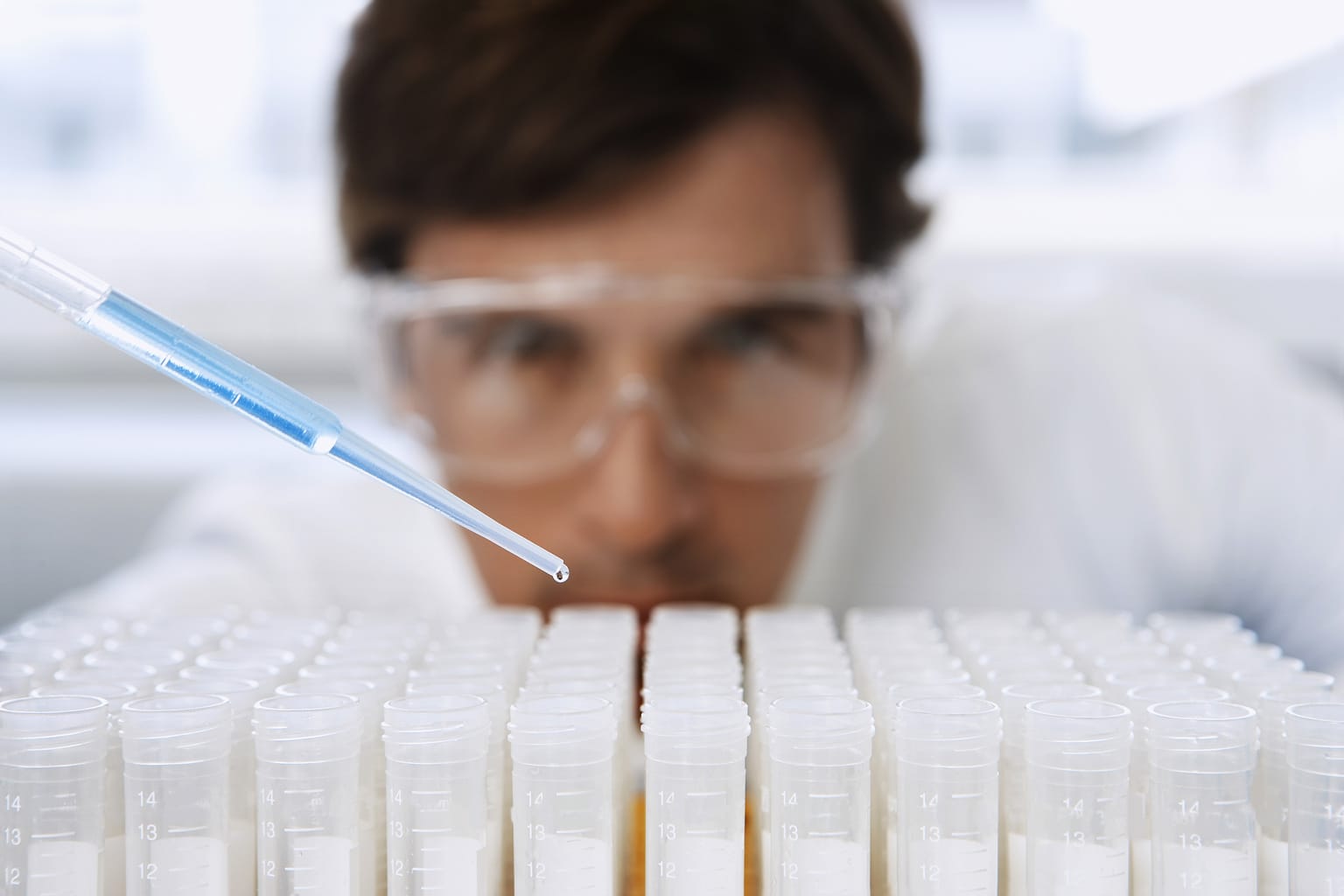Can your genes potentially boost your performance gains in terms of exercising? If this is true, can genetics be indeed used to push through massive breakthroughs when it comes to fitness?
So how does genetic testing work?
Tests involving genes typically uses a hair sample, saliva, blood, skin or amniotic fluid. However, most DNA testing for nutrition or fitness just requires a saliva swab. And although what you’ll get as a result from this simple genetic testing is not an entire map of your genome, this direct-to-consumer testing will allow people to get a glimpse of sections of their DNA, particularly the ones involved in the fitness front.
Know that even the littlest amount of your spit can contain a huge amount of biological material that’s enough to derive your genetic blueprint from. Samples that contain genetic material that can determine or affect the protein programming in your body as well as how you act, look, how your muscles work, and even how your body processes the food you eat. Pretty interesting, right?

Genetic Testing for Fitness
It seems that DNA testing is one of the growing trends for fitness nowadays. Why? Because genes can dictate how the body responds to different foods, activities and exercises. Being clued in as to which gene variants you have is already half the solution since you’ll then have an access to what seems like an individualized training plan that was once only reserved for elite athletes.
How to do it? Currently, a home testing kit is being sold at the consumer markets. With a simple swab in the mouth in the morning, preferably when you’ve just woken up and have not yet tooth brushed, this process will scan roughly 45 gene variants with established links that show how the human body responds to exercise and food. The result will include things like sensitivity to salt and saturated fat, carbohydrates, lactose intolerance, gluten intolerance risks, caffeine as well as alcohol metabolism, and even the concerned individual’s specific vitamin and anti-oxidant needs.
Because of this, health and fitness fans can uncover if they have the natural tendencies for endurance sports (cycling, running, swimming) or inclination to power sports (weight lifting, sprinting). They will also know of their aerobic potential and how quickly their bodies will recover in between their chosen forms of workouts.
But are these results any good?
While it is indeed hard to argue against the results of the DNA, still, there are some experts who are skeptical of the idea itself. It is said that there are roughly 10 million gene variants in a human body, and currently, the proponents of this DNA testing for fitness, only looks at 45 variants out of those 10 million genes. Sure, those 45 variants have passed three studies—all of which are of course, scientifically validated, but then again, it only gives people a very small window of their entire genetic profile.
The thing with that is the very fact that humans have only barely scratched the surface when it comes to gene study. There are performances differences that may have been determined genetically and there will come a time when humans will definitely more of that, but right now, these tests offer only weak reports. If you would like to know how good a person will likely be at a sport, you better take a hard and long look at them and their body shape to have a better idea.
Some people even fear that genetic testing for fitness can somehow be counterproductive. Say someone knew that they are genetically prone to being fat, or they have low aerobic potential, that person might just totally give up exercising and decide not to be “fit” all his or her life as genetics have said they should.
But then again, there are no good or bad genes. People often see genetics and relate it to something that’s pre-determined. Genetic testing for fitness however is about enabling a person to know how their body works and manipulate their environment to their benefit. It basically allows a person to make a personalized nutritional or training plan, rather than utilize a “one-size-fits-all” plan, so to speak.








